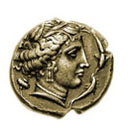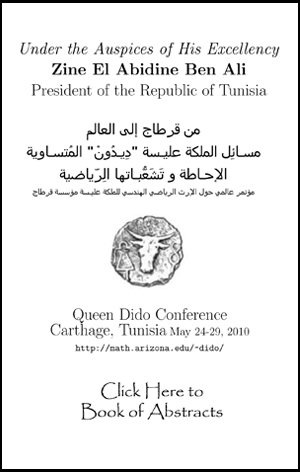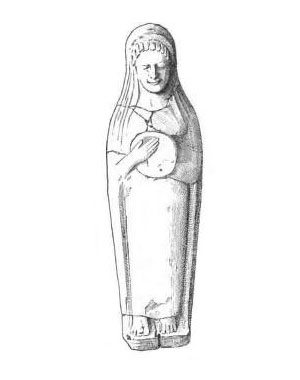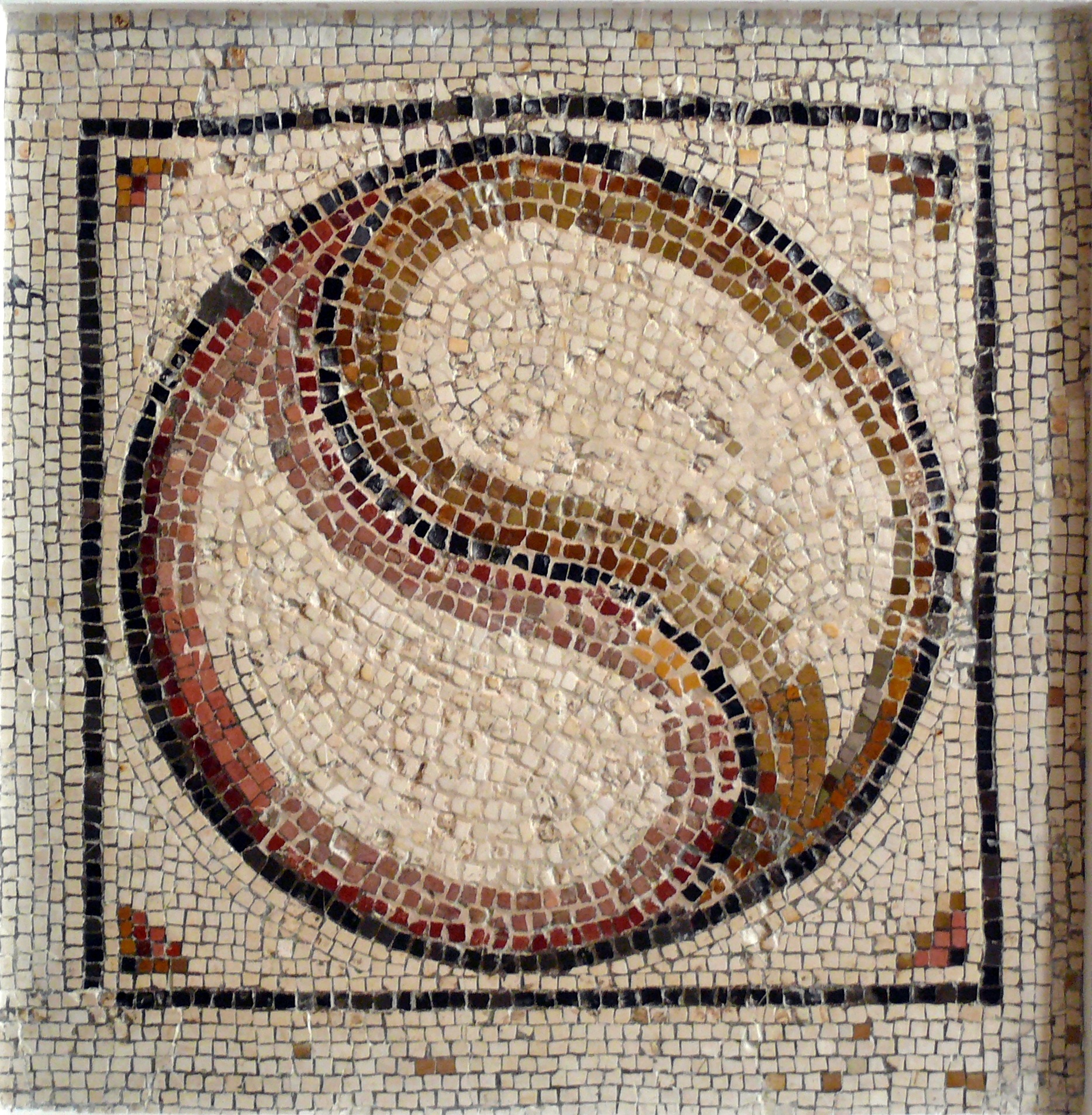


 Abstracts

Star piece of the Bardo Museum: Virgil (70-19 BC) flanked by the muses Clio (Historia) and Melpomene (Tragedia), found in Sousse (3rd century AD). Quidve dolens regina deum tot volvere casus Insignem pietate virum, tot adire labores Impulerit. Tantaene animis caelestibus irae? Urbs antiqua fuit (Tyrii tenuere coloni) Karthago, Italiam contra Tiberinaque longe... (trans. "Remind me of the causes, oh Muse, offended for what authority, or angry at what the queen of the gods caused a man outstanding in piety to undergo so many troubles, to suffer so many labors. Are there such angers in the celestial minds? "There was an ancient city (Tyrian colonists maintained it), Carthage, a long way opposite Italy and the mouths of the Tiber, rich in wealth and very fierce in the pursuits of war...
|








